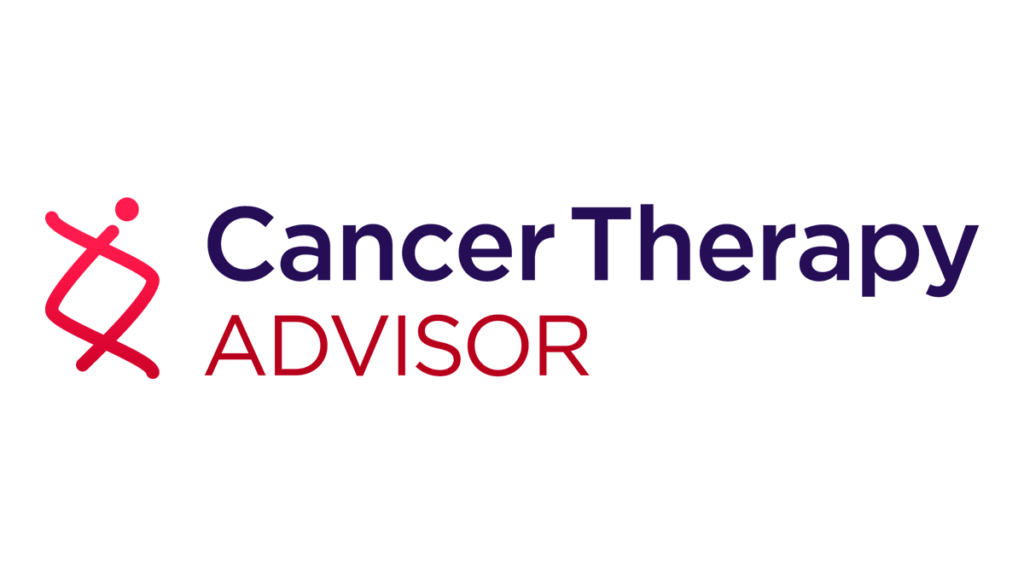The I-SPY2 trial has revealed promising pathologic complete response (pCR) rates in rare and difficult-to-treat breast cancer subtypes, offering new insights into potential treatment approaches. The study, presented at ASCO Breakthrough 2024, utilized an adaptive randomization strategy to evaluate novel agents combined with chemotherapy as neoadjuvant treatment for high-risk breast cancer patients.
Key Points:
- The trial enrolled 2,116 patients from 2010 to 2022, including 142 cases of rare breast tumors (RBTs) and 1,974 no special type (NST) tumors.
- Overall pCR rates were 34% for NST tumors and 20% for RBTs.
- Among RBTs, pCR rates varied: 50% for apocrine, 27% for metaplastic, 25% for micropapillary, and 15% for lobular tumors.
- Event-free survival (EFS) was lower for RBTs compared to NST tumors (P=.021), with metaplastic and lobular subtypes showing inferior EFS.
- High pCR rates predicted better EFS for both NST tumors (P<.0001) and RBTs (P<.013).
- In the S3 group, patients receiving “RPS-optimized therapy” with immune checkpoint inhibitors (ICIs) achieved a 56% pCR rate.
- For metaplastic breast cancer, ICI treatment improved pCR rates from 18% to 34%, with a 57% pCR rate in the S3 group treated with ICIs.

“In summary, we observed high pCR rates among subsets of often difficult-to-treat breast cancers. This supports novel approaches and provides a roadmap for the future study of rare breast tumors.”
– Alexandra Thomas, MD; Duke Cancer Institute, Durham, North Carolina
More on Precision Medicine
 PATIENT EDUCATION
PATIENT EDUCATION  OBESITY/WEIGHT MANAGEMENT
OBESITY/WEIGHT MANAGEMENT  EXERCISE/TRAINING
EXERCISE/TRAINING  LEGAL MATTERS
LEGAL MATTERS  GUIDELINES/RECOMMENDATIONS
GUIDELINES/RECOMMENDATIONS 